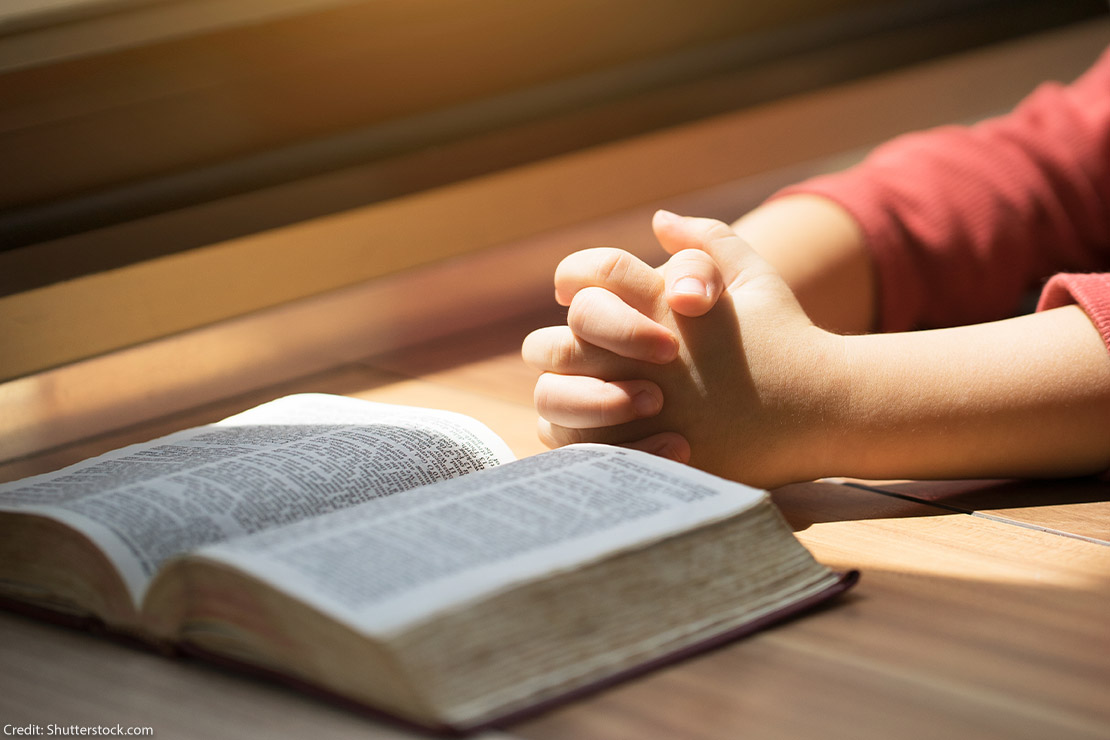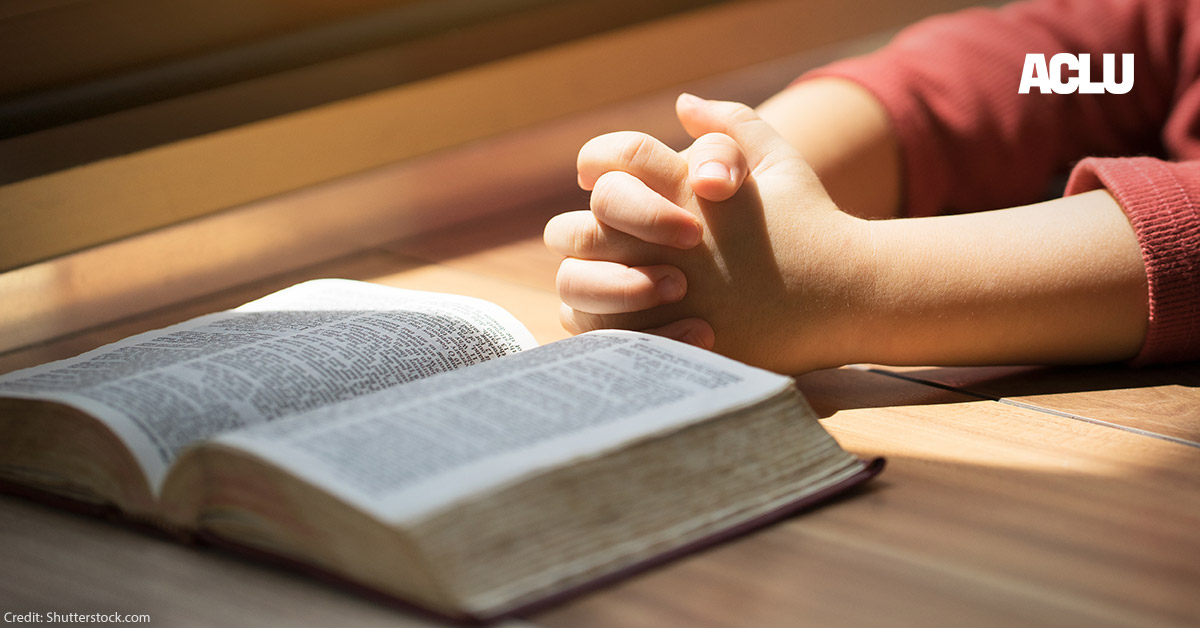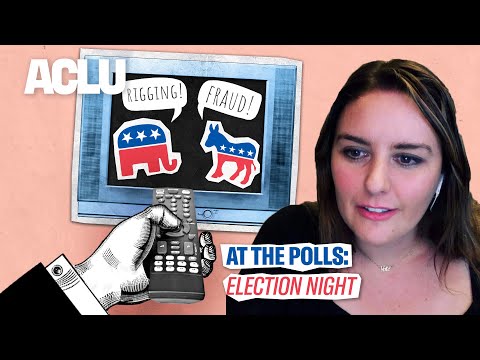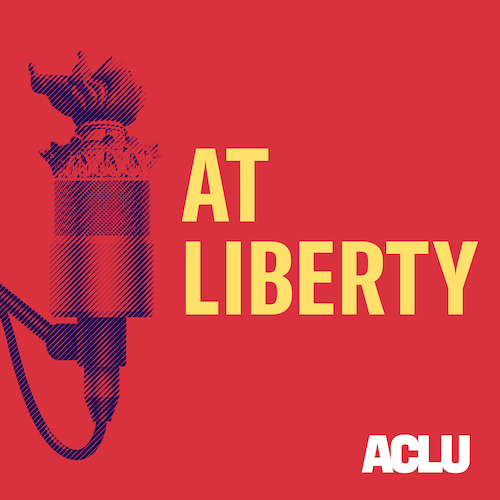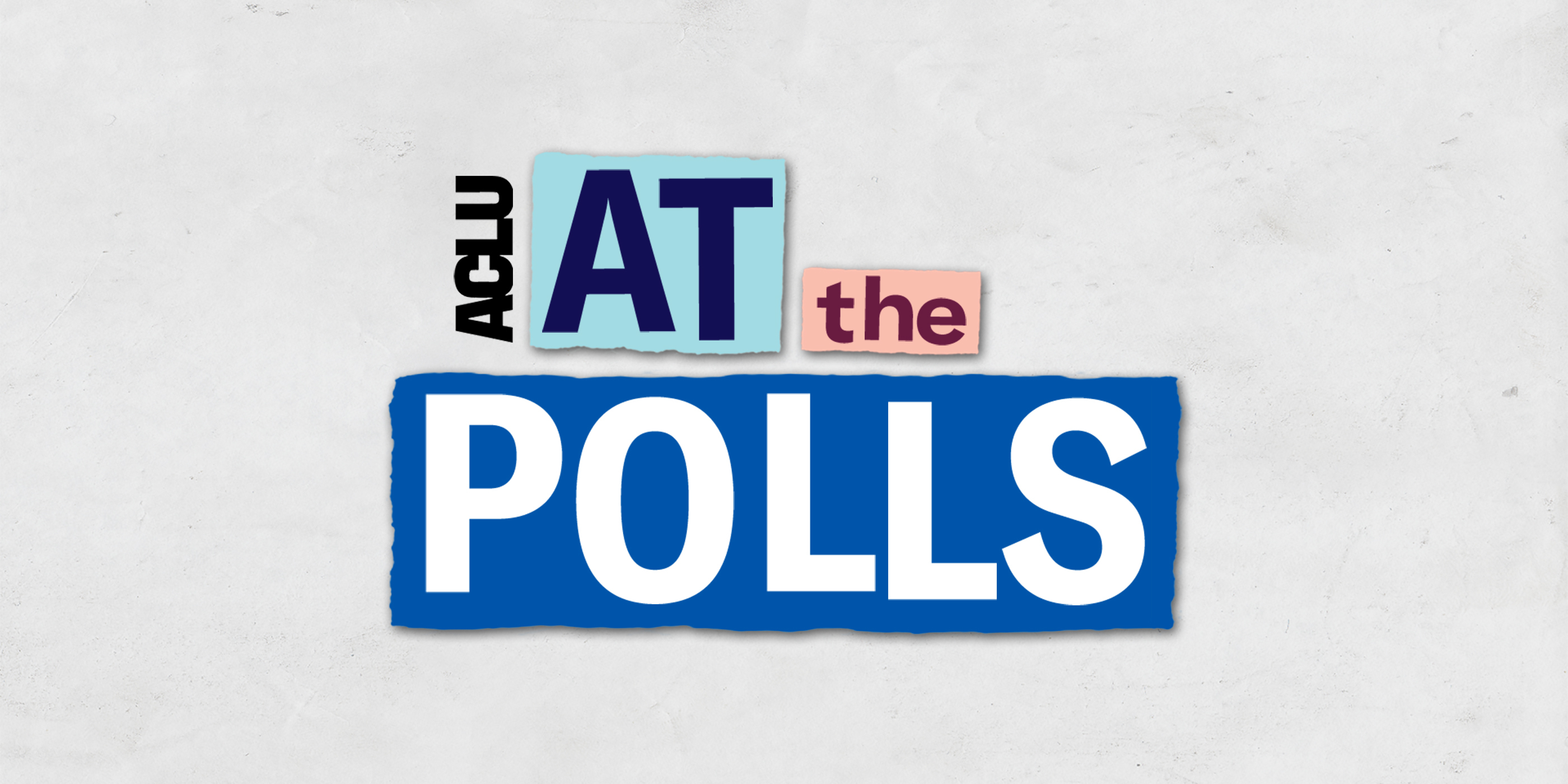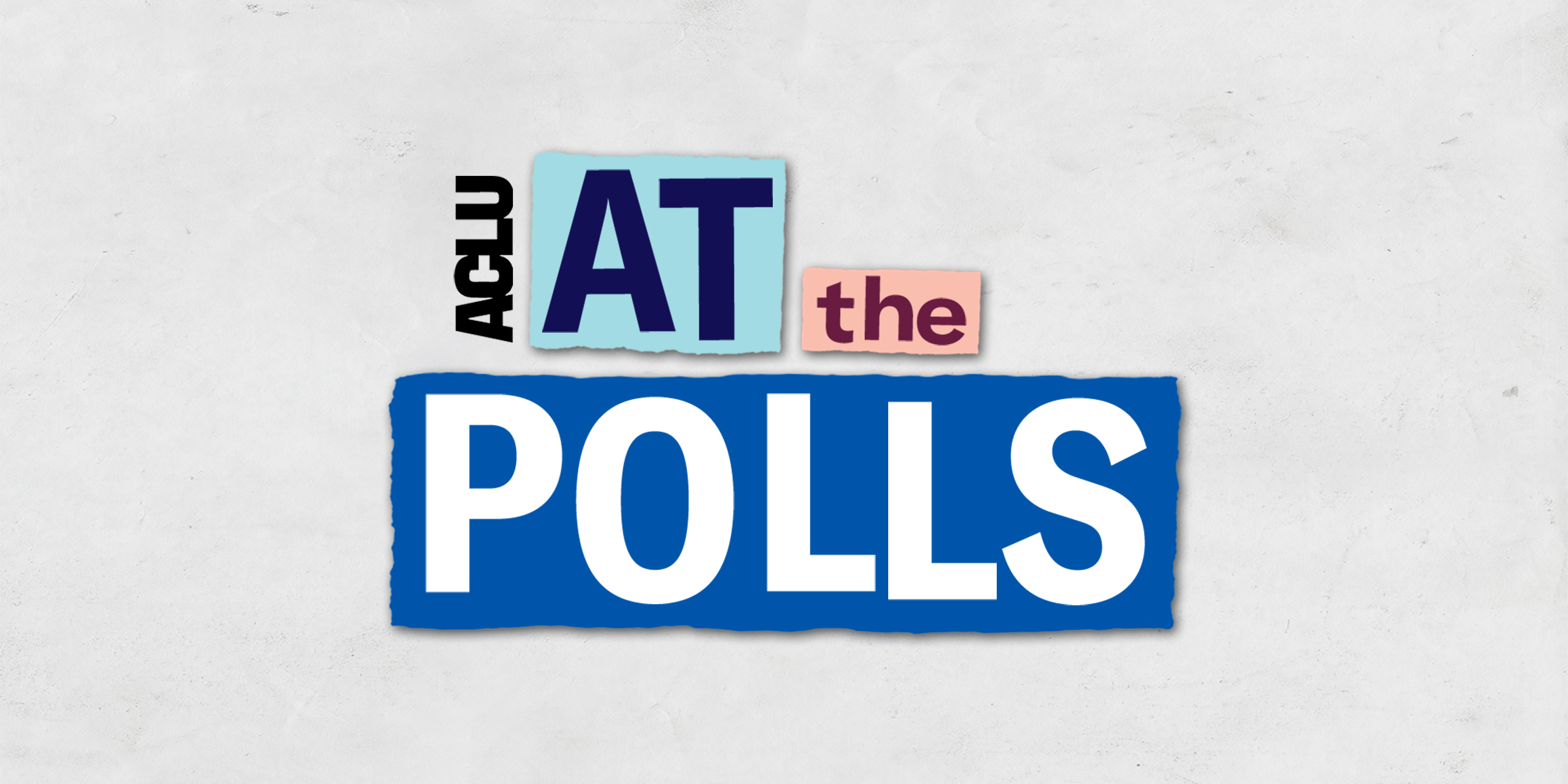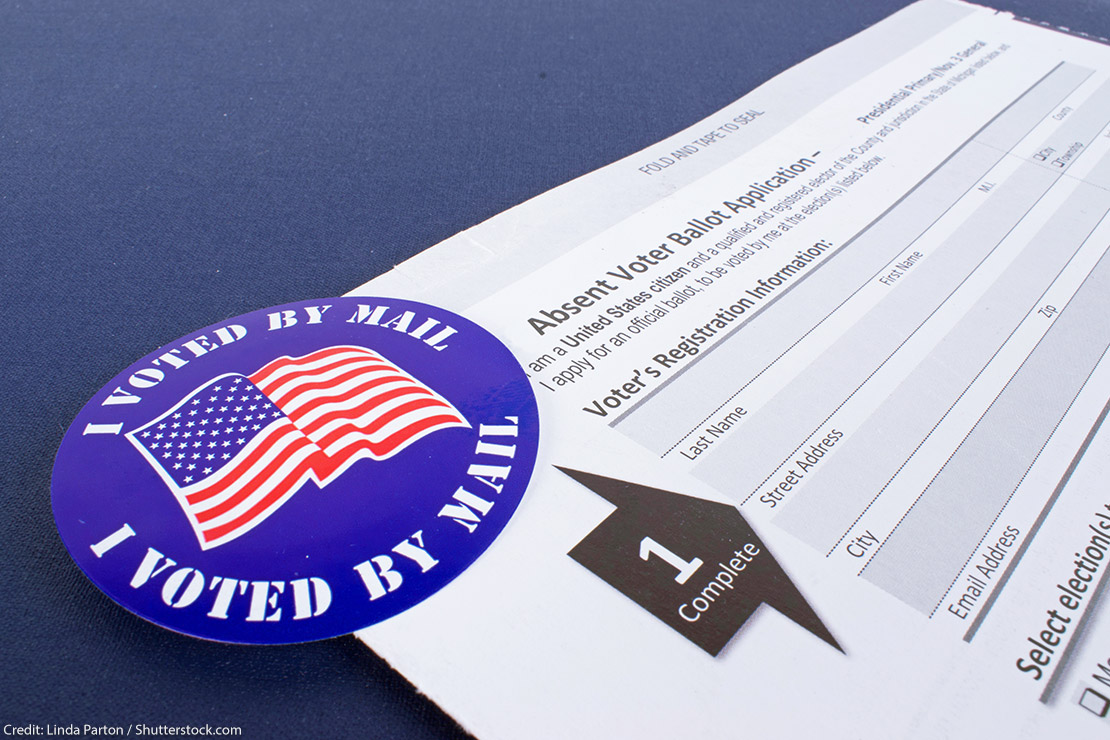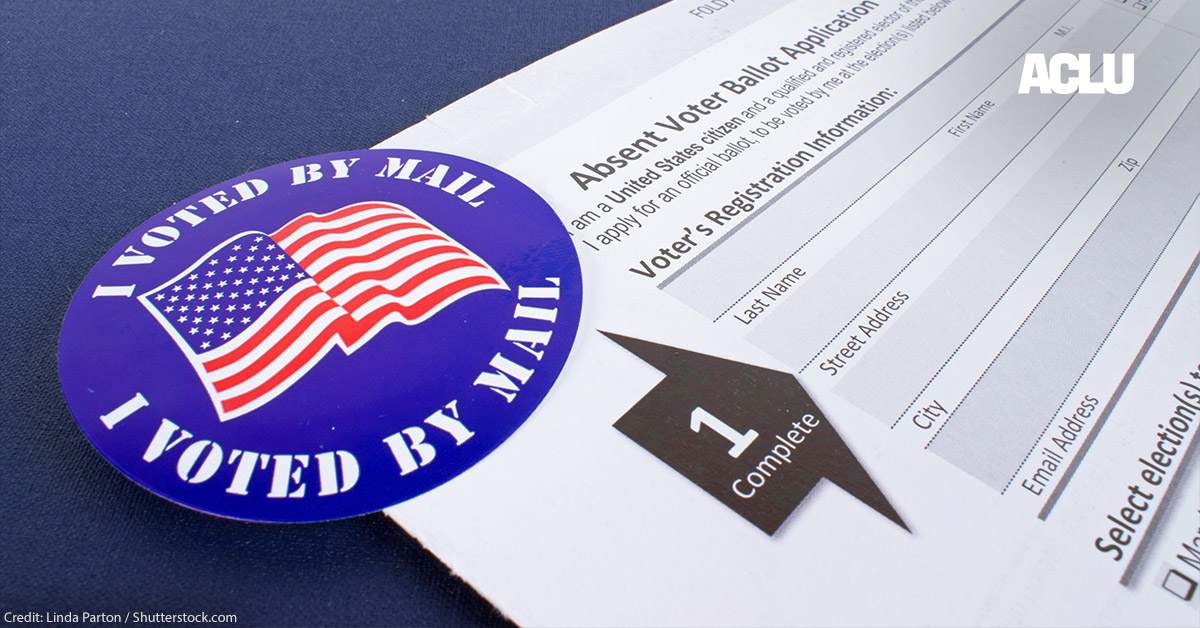For years, the Smith County School System in Carthage, Tennessee, has violated the separation of church and state with impunity. But no more.
Yesterday evening, a federal district court issued a permanent injunction that requires the school district to stop an array of unconstitutional activities that have included, among other practices, imposing prayer on students, displaying religious symbols and messages throughout school facilities, and inviting the Gideons International, an evangelical Christian association, to distribute Bibles to fifth-graders during homeroom.
The court’s order comes in the form of a consent decree, meaning the school district — to its credit — recognized that these practices are legally indefensible and agreed to an injunction to resolve a lawsuit filed last year by the ACLU and ACLU of Tennessee on behalf of two families.
The families, including three high-school students and one middle-school student, were repeatedly subjected to official prayer at athletic events and practices, assemblies, graduation ceremonies, and other school activities. Teachers proselytized the students by reading biblical scripture in class and soliciting prayer requests. And school hallways and walls were adorned with religious posters and symbols, including a giant Latin cross painted next to the words “In God We Trust” in the school’s athletic center. These practices created a religiously hostile school environment, alienating minority-faith students and non-believers, including our clients.
As atheists bombarded with religious messages and forced prayer, our clients felt unwelcome and deeply uncomfortable at school. But school officials didn’t care in the slightest and rebuffed our clients when they tried to express their concerns. In one instance, a mandatory Veterans Day assembly included not one, but two prayers. Our client Kelly Butler, a U.S. Army veteran who served tours in Iraq and Afghanistan, attended the assembly with his children. When he later approached the principal to tell her that he found the prayers disrespectful of his and other veterans’ service, she shouted at him and asked police officers who were present at the event to escort him off school property.
Unfortunately, our clients’ experience with Smith County Schools is not unusual for minority-faith and atheist families. One study published last month found that atheist and Muslim families faced significant discrimination in public schools across the country. In conjunction with the study, researchers emailed the principals of more than 45,000 public schools in 33 states, assuming the identity of parents considering enrollment of their children and asking for a meeting with the principal. The emails randomly indicated a particular religious affiliation or belief, such as Protestant, Catholic, Muslim, or atheist.
The results of the study were alarming but not surprising: Muslim and atheist parents were heavily discriminated against. When they revealed their beliefs in the signature part of their emails, school officials were much less likely to send a reply. Additionally, the study found discrimination against Muslim and atheist parents increased dramatically if they asked about the compatibility of the school with their beliefs and practices or requested accommodations. This is just one example of the type of discrimination students and families of non-majority faiths may face in public schools.
As the study concluded — and as our clients’ own experiences demonstrate — religious equality for all students in America’s public schools remains elusive. Victories like today’s mark an important milestone in this fight, but there is still much more work to be done. Every student, regardless of their faith, should be able to access public education without discrimination and religious influence by school officials. Now, in Smith County — thanks to our brave clients — they will.
Heather L. Weaver, Senior Staff Attorney, ACLU Program on Freedom of Religion and Belief
Date
Tuesday, September 15, 2020 - 11:00amFeatured image
